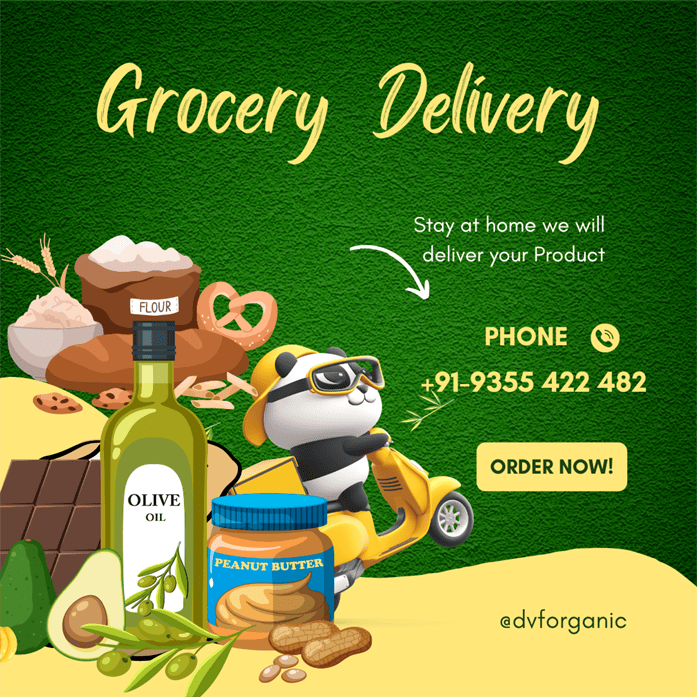Featured Categories
Trending Products
Top Rated Product
Deals of The Week
ORGANIC PRODUCTS
Organic foods contain no artificial preservatives, flavors, or colors. They are processed with minimal additives and chemicals.
Organic food is not consistently proven to be more nutritious than conventional food, though it may contain slightly higher levels of certain nutrients like antioxidants. The main benefits of organic food are reduced pesticide exposure and environmental sustainability. Nutritional differences between organic and conventional foods are generally small.
To know if a product is organic, look for the following:
1. Certified Organic Labels: Check for official seals like the USDA Organic seal or other recognized certification marks. These indicate the product meets organic standards.
2. Ingredient List: For packaged foods, the word "organic" will appear on the ingredient list if individual ingredients are organic.
3. Farmers' Markets: At local markets, ask farmers directly if they follow organic farming practices or if their products are certified organic.
Reading product labels and certification marks is the best way to verify organic status.
Organic products typically cost more due to several factors:
1. Labor-Intensive Practices: Organic farming often requires more manual labor for tasks like weeding, pest control, and crop rotation, as synthetic chemicals aren't used.
2. Smaller Yields: Organic farms may produce lower yields compared to conventional farms, as they avoid synthetic fertilizers and pesticides that boost productivity.
3. Certification Costs: Organic certification and compliance with strict regulations can be expensive, and these costs are passed on to consumers.
4. Sustainable Practices: Organic farming emphasizes environmental sustainability, which often involves more time, resources, and higher operational costs.
These factors contribute to the higher price of organic products.



































